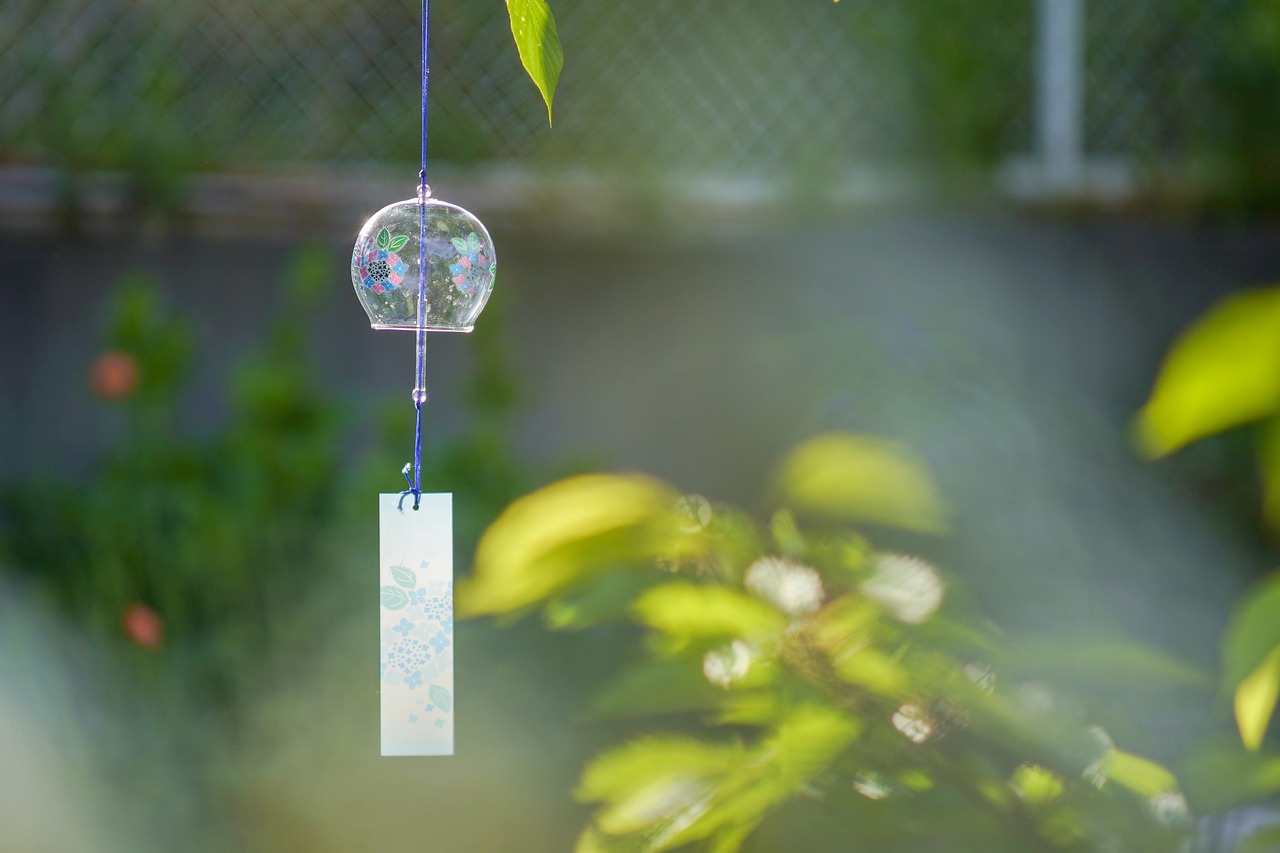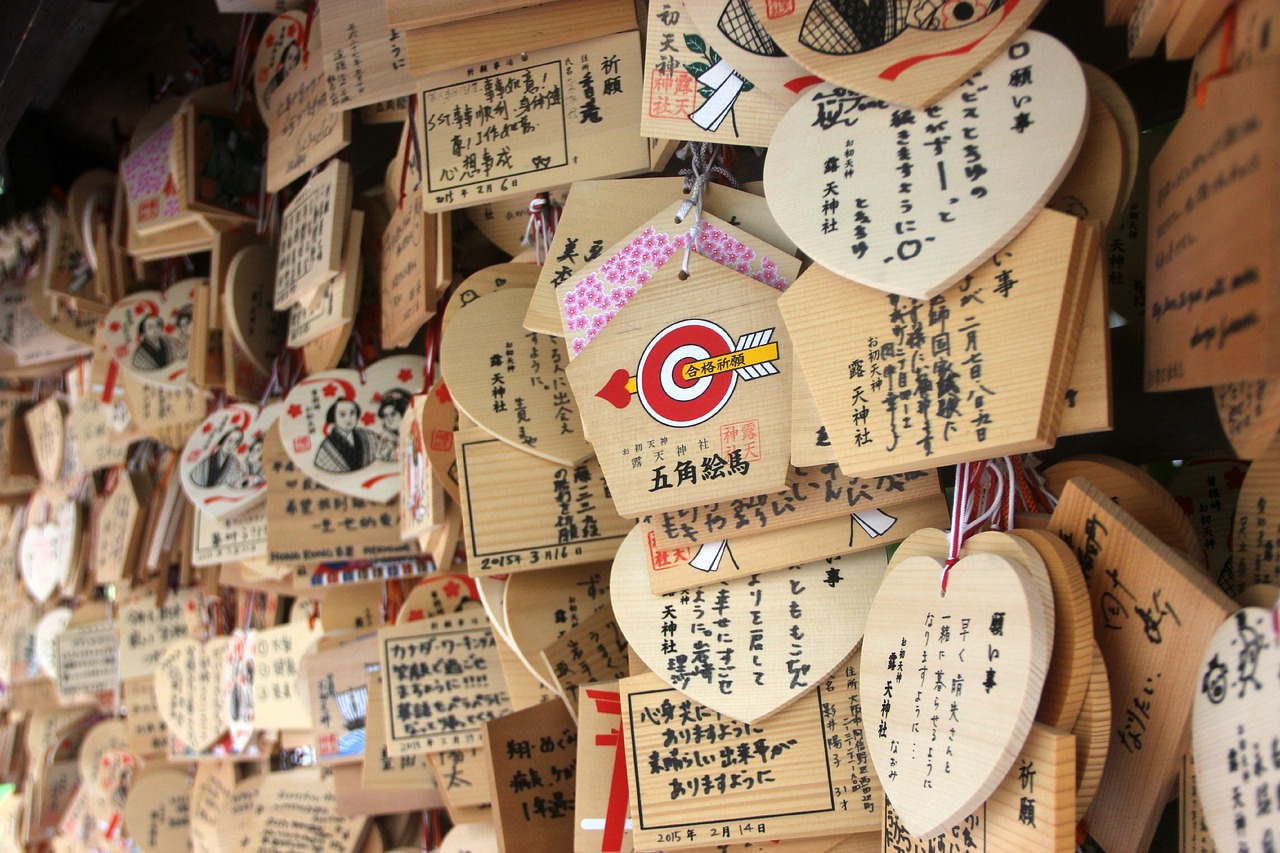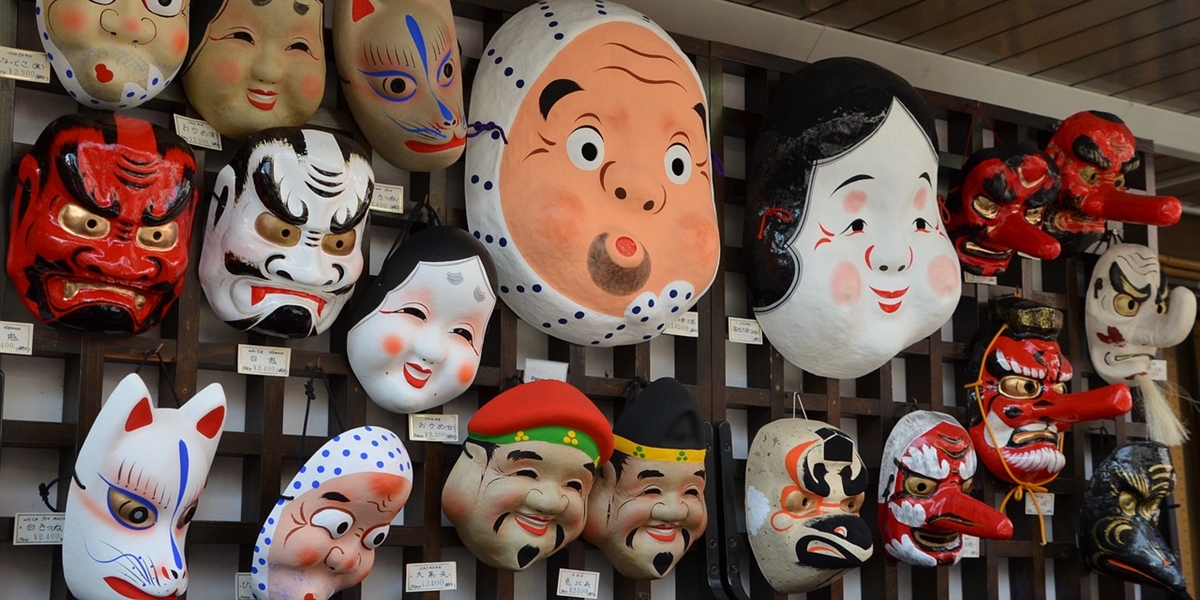Kapanlagi.com - Informal or relaxed Japanese language plays an important role in everyday communication in Japan. For beginners who want to improve their language skills, understanding informal phrases can be very beneficial. This article presents 100 informal Japanese phrases that are commonly used in daily conversations.
From simple greetings to more complex expressions, these phrases reflect the natural way Japanese people speak in non-formal situations. Learning these 100 Japanese phrases can help improve understanding of contemporary Japanese culture and language. Thus, it can enrich your Japanese vocabulary.
Let's check out 100 Japanese phrases that enrich vocabulary and improve communication skills in Japanese language. Let's see, KLovers.
1. What is Informal Japanese Language?

Illustration (credit: pixabay.com)
Informal or casual Japanese phrases in everyday conversation are often referred to as "Kudaketa Nihongo" or "Tameguchi". Kudaketa Nihongo and Tameguchi are used in informal situations such as speaking with friends, family, or younger people. This language is certainly not used in formal situations or with older people.
The appropriate use of informal or casual language in Japanese indicates closeness and comfort in relationships. However, inappropriate use can be considered impolite or disrespectful. Informal language can also vary depending on the region in Japan. For example, the Kansai dialect has informal expressions that differ from Tokyo.
For Japanese language learners, the formal form is usually taught first before introducing the informal form. Understanding Kudaketa Nihongo or Tameguchi is important for daily communication and understanding popular Japanese media such as anime or manga. Understanding and being able to use it correctly is a sign of proficiency, as it requires a deep understanding of Japanese society and culture.
2. 100 Casual Japanese Phrases

Illustration (credit: pixabay.com)
Now, for those of you who want to learn Japanese, you must know 100 casual Japanese phrases that are suitable for beginners. However, remember that the 100 Casual Japanese Phrases below are slang or very informal, so use them carefully and according to the context. Here are 100 informal Japanese phrases along with their meanings:
1. Ohayou - Good morning
2. Konnichiwa - Hello/Good afternoon
3. Konbanwa - Good evening
4. Sayounara - Goodbye
5. Jaa ne - See you
6. Mata ne - See you later
7. Gomen - Sorry
8. Sumimasen - Excuse me/Sorry
9. Arigatou - Thank you
10. Douitashimashite - You're welcome
11. Hai - Yes
12. Bikkuri shita - Surprised
69.Omoshiroi - Interesting/Funny
70.Baka - Stupid
71.Aho - Stupid (Kansai dialect)
72.Majika - Serious?
73.E' - Huh?
74.Nani - What?
75. Doushite - Why?
76.Itsu - When?
77.Doko - Where?
78.Dare - Who?
79.Ikura - How much?
80.Dou - How?
81.Kore - This
82. Sore - That
83.Are - That (far)
84.Chotto - Wait a moment/A little
85.Meccha - Very (slang)
86.Sugoku - Very
87.Totemo - Very
88.Yoroshiku - Please help
89. Nande yanen - Why?
90.Shaa nai - What else can you do (Kansai dialect)
91.Yappari - I knew it
92.Kimoi - Disgusting (slang)
93.Uzai - Annoying (slang)
94.Maji manji - Very cool (youth slang)
95.Riajuu - People with good social life (internet slang)
96. Panai - Extraordinary (slang)
97.Warota - Laughing (internet slang)
98.Otsu - Thank you for your hard work (abbreviation)
99.Wan chan - Maybe there is a chance (slang)
100.Sore na - Absolutely right (slang)
Those are 100 Japanese phrases that KLovers can learn and understand. By learning these informal phrases, KLovers' understanding of everyday Japanese language will increase and open up broader communication.
Iie - No
13.Wakatta - Understand
14.Dame - Not allowed/Don't
15.Ii yo - Okay
16.Ganbatte - Good luck
17.Omedetou - Congratulations
18.Kawaii - Cute
19. Sugoi - Amazing/Cool
20.Yabai - Dangerous/Great (depending on context)
21.Maji de - Seriously?
22.Uso - Lie
23.Hontou - True/Really
24.Kekkou - Enough
25.Mendokusai - Troublesome
26. Urusai - Noisy
27.Baka - Stupid
28.Dasai - Uncool/Outdated
29.Kakkoii - Cool
30.Yatta - Success!
31.Darui - Lazy/Tired
32.Muri - Impossible
33. Gochisousama - Thank you for the meal
34.Itadakimasu - Bon appétit
35.Otsukaresama - Thank you for your hard work
36.Oyasumi - Goodnight
37.Genki - Healthy/Fine
38.Saikou - The best
39.Maa maa - So-so
40. Naruhodo - Oh, I see
41.Gomen ne - Sorry
42.Daijoubu - It's alright
43.Okaeri - Welcome back
44.Tadaima - I'm home
45.Ittekimasu - I'm leaving
46.Itterasshai - Take care
47. Oishii - Delicious
48.Mazui - Not delicious
49.Suki - Like
50.Kirai - Dislike
51.Daisuki - Really like
52.Jouzu - Skilled
53.Heta - Untalented
54. Tsukareta - Tired
55.Hara hetta - Hungry
56.Nodo kawaita - Thirsty
57.Nemui - Sleepy
58.Samui - Cold
59.Atsui - Hot
60.Isogashii - Busy
61. Hima - Free/Not busy
62.Tanoshii - Fun
63.Tsumaranai - Boring
64.Yasashii - Kind
65.Kowai - Scary
66.Kanashii - Sad
67.Ureshii - Happy
68.
(kpl/dhm)
Disclaimer: This translation from Bahasa Indonesia to English has been generated by Artificial Intelligence.














